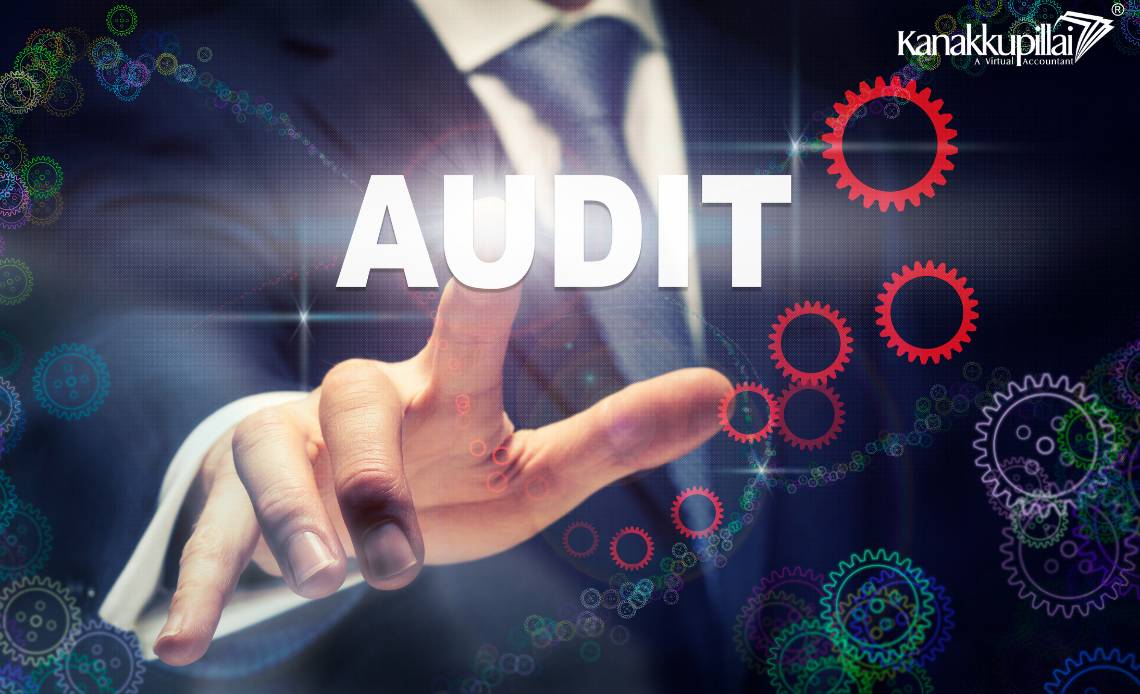Last Updated on June 12, 2025
A tax audit is an assessment of the financial records and other relevant data of a taxpayer to ensure that the books of accounts are properly maintained and income is correctly declared. Under Section 44AB of the Income Tax Act, 1961, certain taxpayers are required to get their accounts audited by a Chartered Accountant. This process is known as a tax audit. The main purpose of the tax audit is to verify the accuracy of the financial data submitted to the Income Tax Department.
To conduct and report a tax audit, the Income Tax Department has prescribed certain forms: Form 3CA, Form 3CB, Form 3CD, and Form 3CE. Each of these forms has a specific purpose and is applicable in different situations. This article will explore a comprehensive analysis of these forms, explaining their usage and key components in simple language.
What is a Tax Audit under Section 44AB?
As per the provision of Section 44AB, the following categories of taxpayers are required to go through a tax audit:
- Business Entities: If the total turnover or gross receipts from the business exceeds ₹1 crore. However, the threshold is ₹10 crore if cash transactions do not exceed the limit of 5% of the total receipts and payments.
- Professionals: If the gross receipts from the profession exceed ₹50 lakhs.
- Presumptive Taxation Scheme Opt-Out: If a person opts out of the presumptive taxation scheme under the provision of Section 44AD/44ADA and declares income lower than the presumptive income, and his total income exceeds the basic exemption limit.
- Other Cases: Certain cases under sections like 44AE, 44BB, and 44BBB, where income is declared lower than the prescribed percentage and exceeds the basic exemption limit.
Comparison of Tax Audit Forms in India (3CA, 3CB, 3CD & 3CE)
| Form | Applicability | Used When | Key Contents | Purpose / Why It’s Needed |
|---|---|---|---|---|
| Form 3CA | Taxpayers are already subject to a statutory audit | If a statutory audit is required under another law (e.g., Companies Act, Societies Act, LLP Act) | – Details of statutory audit
– Reference to statutory audit report – Books of accounts examined – Confirmation of the accuracy of Form 3CD |
Links the statutory audit with the tax audit to avoid duplication |
| Form 3CB | Taxpayers are not subject to any other statutory audit | If a tax audit under Section 44AB is the only applicable audit | – Details of the auditor and taxpayer
– Books of accounts examined – Confirmation of true & fair view – Form 3CD annexed |
Ensures audit of accounts even when no other audit applies |
| Form 3CD | Must be filed with Form 3CA or 3CB | Detailed audit statement required under Section 44AB | Part A:
– Assessee details – Business info Part B: – Accounting methods – Depreciation – Cash payments > ₹10,000 – Disallowed expenses – Loans/deposits (Sec 269SS/269T) – GST, TDS, related-party transactions |
Provides detailed financial and tax disclosures for compliance |
| Form 3CE | Non-residents or foreign companies operating in India | Applicable if income earned via royalty, fees for technical services, or PEs in India under Section 44DA | – Non-resident’s details
– Description of activities – Contract terms – Income and expenses – Auditor’s opinion on income computation |
Ensures foreign entities comply with Indian tax laws on income earned in India |
E-Filing Guidelines
| Step | Requirement |
|---|---|
| 1 | CA must register on the Income Tax e-filing portal |
| 2 | CA must be authorized by the taxpayer (client) |
| 3 | The report must be uploaded using the CA’s Digital Signature Certificate (DSC) |
| 4 | The taxpayer must log in and accept the audit report after submission |
Due Dates for Filing Tax Audit Reports
| Scenario | Due Date |
|---|---|
| General Taxpayers | 30th September of the assessment year |
| Taxpayers with Transfer Pricing (Form 3CEB) | 31st October of the assessment year |
| Note: | Dates may be revised by the Income Tax Department annually |
Consequences of Non-Compliance
Failing to get accounts audited or not filing the tax audit report in time may lead to:
- Penalty under Section 271B: 0.5% of turnover or gross receipts, up to a maximum of ₹1,50,000.
- Scrutiny or inquiry from the Income Tax Department
- Rejection of certain expense claims
Conclusion
Tax audits are an essential part of the Indian tax compliance system. They help to ensure the element of transparency, accuracy, and accountability in the financial reporting system of businesses and professionals. Understanding the basic purpose and contents of Forms 3CA, 3CB, 3CD, and 3CE can help taxpayers and Chartered Accountants fulfil their obligations correctly and avoid penalties. Whether you’re a company, a professional, or a foreign entity operating in India, knowing which form to use and how to file it is essential for smooth compliance with the law.
Related Service





